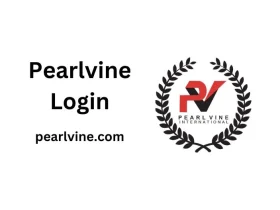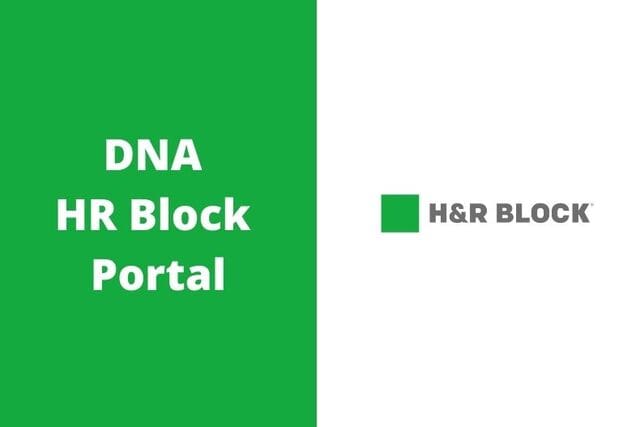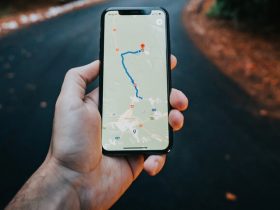
What is Internet Safety?
Internet safety, also known as online safety, cyber safety, and E-Safety, is the act of increasing a user’s knowledge of personal safety and security threats to confidential data and assets connected with using the internet, as well as self-protection against cybercrimes.
Top 12 Internet Safety Rules
1. Personal data should be kept private and kept to a minimum.
Potential employers and consumers do not need to know about your personal life status or residence. They must be conscious of your qualifications and expertise, and also how to get in touch with you. You wouldn’t give out solely personal information to strangers one-on-one, so why would you give it out to millions of individuals online?
2. Leave your privacy settings turned on.
Advertisers and cybercriminals are both interested in knowing all there is to discover about you. Your surfing and social media habits may teach both of you a lot. However, you have control over your data. According to Lifehacker, both web browsers and mobile operating systems include privacy options that may be used to preserve your online anonymity.
Privacy-enhancing features are also accessible on popular websites like Facebook. Because companies value your private information for marketing purposes, these options might be (intentionally) challenging to find. Make sure you have these privacy measures enabled and that you keep them activated.
Read: Benefits of Mobile Technology for Business
3. Use caution when browsing the internet.
You wouldn’t walk through a dangerous place, so just don’t go on the internet and explore dangerous areas. Cybercriminals utilize obscene information as a lure. They understand that consumers are occasionally enticed by questionable information and may relax their guard when looking for it.
The demimonde of the Internet is full of hidden dangers, where a single thoughtless click might reveal personal information or corrupt your computer with malware. You don’t even give the hackers an opportunity if you resist the desire.
4. Make use of a VPN connection that is secure.
PCMag points out that when you go online in a public setting, such as via a public Wi-Fi connection, you have no complete control of its security. Corporate cybersecurity experts are concerned about endpoints, which are the points where a private network connects to the outside public.
Your local Internet connection is your susceptible endpoint. Check to see if your device is safe and if in doubt, wait until a better moment (i.e., when you can connect to a secure Wi-Fi network) before entering sensitive information like your bank account number. Employ a secure VPN connection to boost your Internet surfing security even further (a virtual private network).
VPN establishes a safe connection between your device and an Internet server, ensuring that no one can watch or access the information you exchange.
5. Use Caution When Downloading
Cybercriminals are mostly interested in tricking you into installing malware—programs or apps that contain malware or attempt to steal information. This virus may be camouflaged as an app, which might be anything from a famous game to a traffic or weather app. Downloading programs that appear dubious or come from a source you don’t trust is not a good idea.
6. Select Secure Passwords
Passwords are one of the most vulnerable parts of the Internet security system, and there is presently no way to avoid them. And the trouble with passwords is that individuals prefer to use simple-to-remember passwords that are equally easy to guess for cybercriminals.
Select passwords that are tough to guess for hackers. You may use password management software to keep track of several passwords so you don’t lose them. A secure password is one that is both unique and complicated, consisting of at least 15 characters that include letters, numbers, and special characters.
7. Secure Websites for Online Purchases
When you make an online purchase, you must supply credit card or bank account information, which is exactly what fraudsters want. Only focus on providing this information to websites that provide secure, strong encryption. Look for an address that begins with HTTPS: to identify secure sites. rather than just http: (the S stands for secure), A padlock symbol next to the address bar may also indicate them.
8. Be Wary of What You Share
The Internet does not have a delete key. Because deleting the original (say, from Twitter) does not erase any copies generated by others, any comment or image you upload online may remain online indefinitely. You won’t be able to “take back” a statement you regret making, or delete that awkward selfie you snapped at a party. Put nothing on the internet that you wouldn’t want your mother or a future employer to see.
9. Be Watchful of Who You Meet on the Internet.
People you find on the internet aren’t always who they say they are. It’s possible that they’re not even real. Hackers frequently create fake social media identities to get close to unsuspecting Web users and steal their personal information. Maintain the same level of caution and common sense in your online social life that you do in your offline social life.
10. Make absolutely sure your antivirus program is latest.
Although Internet security software won’t protect you from every attack, it will identify and delete the vast majority of malware—just make sure it’s up to date. Make sure you’re up to date on your operating system and any programs you’re using. They add an important layer of protection.
Even the most trustworthy websites or files from the most trustworthy of sources can include threats, so making sure you’re protected with smart antivirus software is well worth the tiny investment in time. Big data and artificial intelligence are used by the most trustworthy antivirus software solutions now available to monitor every running program and detect assaults before they happen.
11. Enable private browsing.
Private browsing protects your personal information and stops certain websites from saving your searches and browsing history. It won’t keep your online behavior hidden from your internet service provider, but it can limit cookie buildup, which might be useful if you’re shopping for a significant other online.
12. Clear the cache and cookies in your web browser.
Even if websites choose to monitor your browsing data, you may reduce the impact by clearing your browser cache and removing unneeded cookies on a regular basis. This stops advertisements from tracking you throughout the internet and ensures you’re downloading the most recent version of a web page.












Leave a Reply